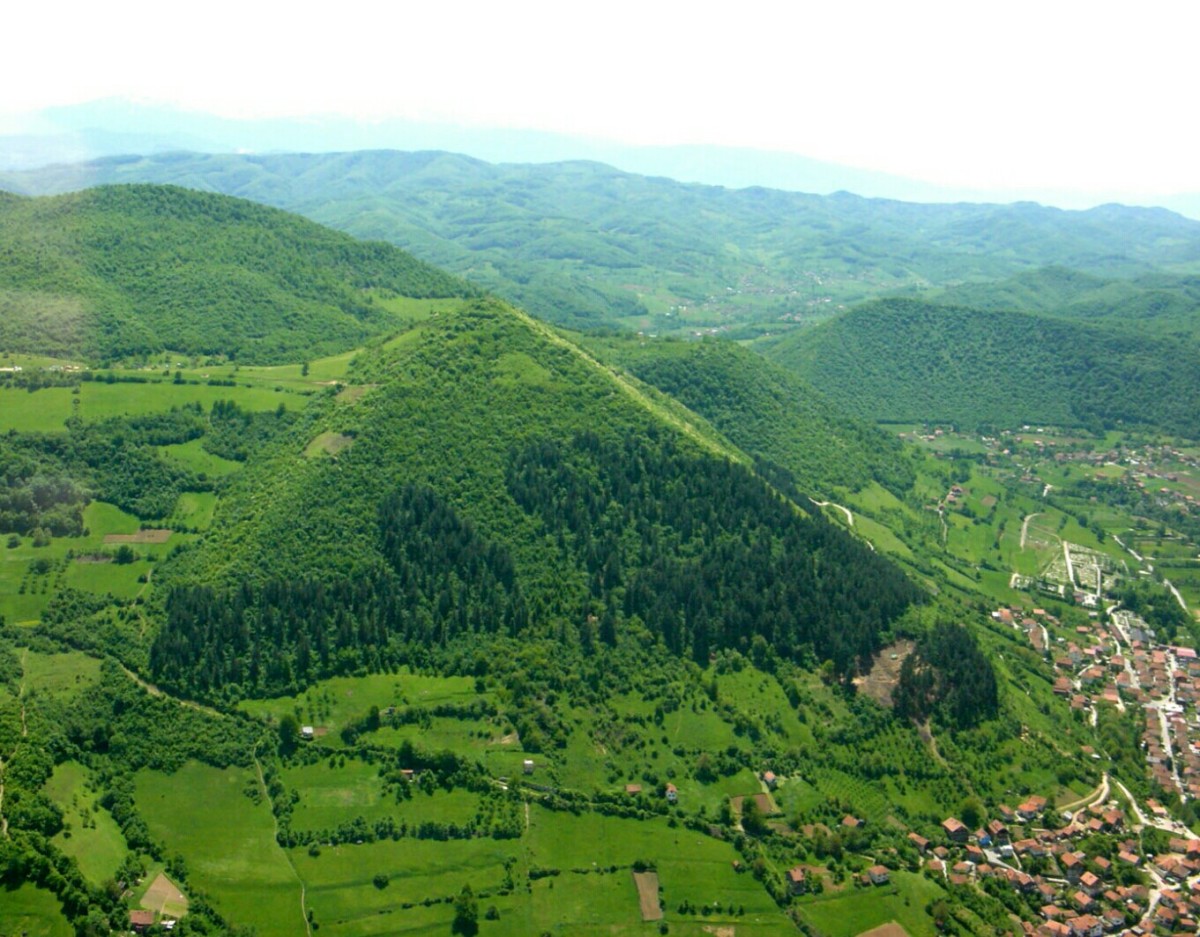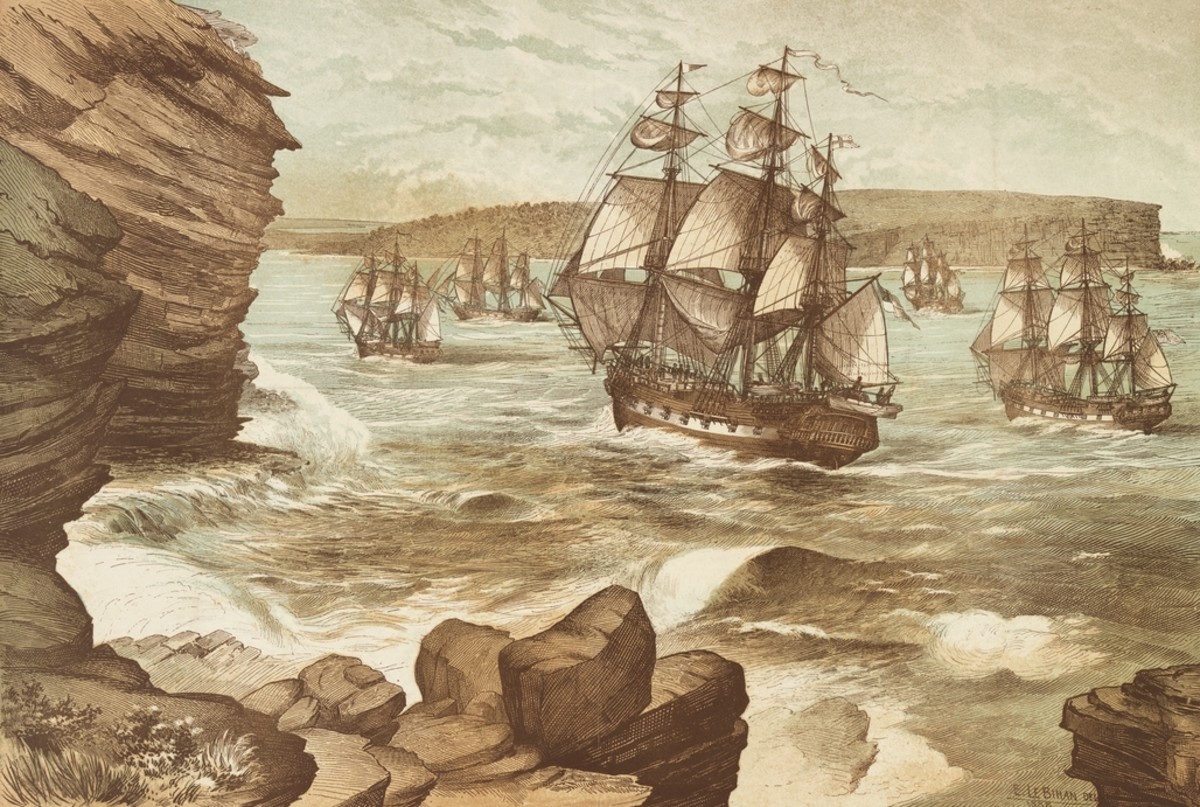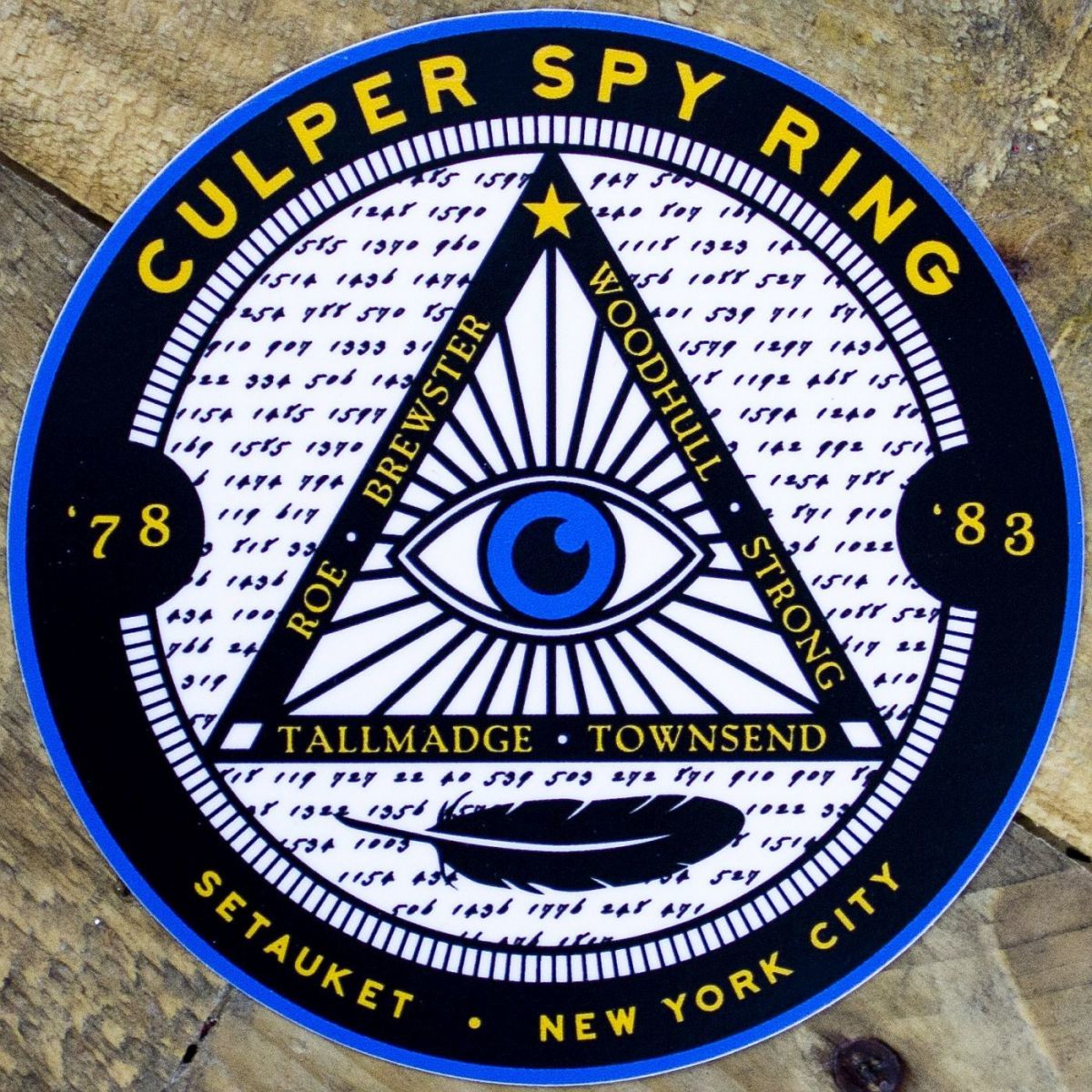Why History is Important
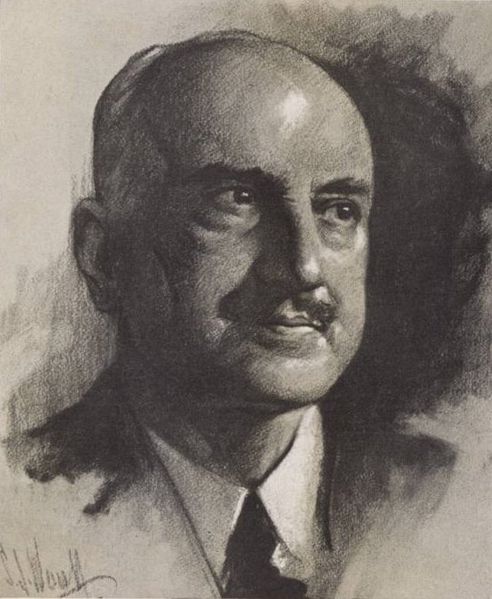
I struggle with the old adage, "Those who cannot remember the past are condemned to repeat it." Attributed to the great poet and philosopher George Santayana, I’ve seen this statement adorned on almost every high school teacher’s wall in one form or another. Heard often on the television news, read occasionally in magazines, blogs and newspapers, this statement is known by many. Not once, however, did I ever completely believe it to be an absolute. At times, it certainly seemed to be the farthest from the truth. If it were true, that we are condemned to repeat our historical mistakes through our own ignorance, wouldn’t someone simply remind us before any such act, and that would be that? Presto, no more failures! We do, in fact, as individuals, as a people, even as a country repeat our mistakes, often with tragic consequences. However, that does not mean that the principal actor does not understand history. In fact, the exact opposite is sometimes true. Those who repeat history often know their history better than the average person. Most people throughout history, including the most despotic leaders, have referenced previous events to either support their ideas or lend credibility to their actions.
The study of history is not, after all, a simple road map to nirvana. One cannot simply look into the past and suggest that if everything is exactly the same today as it was yesterday and, therefore, if I do exactly as someone else behaved I’ll come out with the exact same results. Nor is it reasonable or logical to suggest that the exact opposite holds true; that different actions will always result in positive outcomes. That’s foolish. If this were true, many of the world’s issues would have been solved long ago. One could go around and around, coming up with examples of repetition in similar historical events, or different results from different generations. But this is such a simplistic argument. History changes with the interpretation of perspective. On the other hand, ignorance is never a good excuse for anything. The more important question then is, why study history at all?
"That men do not learn very much from the lessons of history is the most important of all the lessons of history." ~ Aldous Huxley
"Those who don't know history are destined to repeat it." ~ Edmund Burke
"People are trapped in history and history is trapped in them." ~ James Baldwin
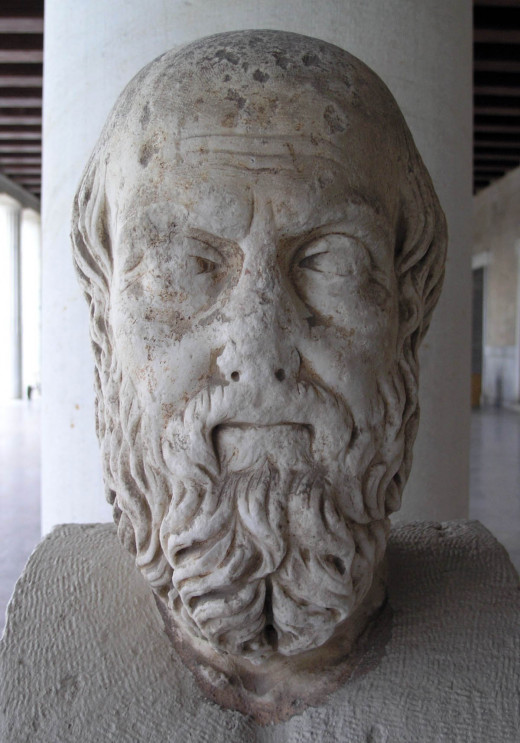
So why learn history?
History is deeply personal. It does not teach mistakes, rather, it illuminates who and what we are and why we are the way we are. By looking into the past we study ourselves and how we came to hold those values and beliefs that are most dear to us. Why are we, as a people, a certain way? Why do we think the way we think? Why do we hold the values and morales we have? History does not answer all questions, but as Socrates believed, that by questioning and through discussions, one challenges oneself toward a higher level of knowledge. As the Germans philosophical ideal of Weltanschauung is a better understanding of yourself through a deeper knowledge of the examined world, a thousand years earlier Socrates had put it in the simplest of terms, "the unexamined life is not worth living." History is, therefore, the study of ourselves.
We are the people we are, the nation we are, the citizens we wish to be, due to the actions of the past. Had we been born into a different nationality, religion, caste, culture, creed, language, country, etc. would we not have been different? Who among us can truly state that regardless of our environment, we would have turned out the exact same way, with the exact same beliefs? History lends insight, a deeper understanding of ourselves and the world, and allows us to see our own eventual contribution to society. By delving into the history of philosophy, law, society and politics, we understand how we came to value those beliefs we hold dear. It teaches us to know ourselves better. It allows us to challenge ourselves, to become better, to progress. Only through history do we analyze change and what effect that has had on our lives. Forcing oneself to question why and how we are what we are facilitates our ability to affect great change. To know one’s personal identity in this world, one knows history. If we lived in a world without history, we would not repeat it, we would simply be stagnate.

